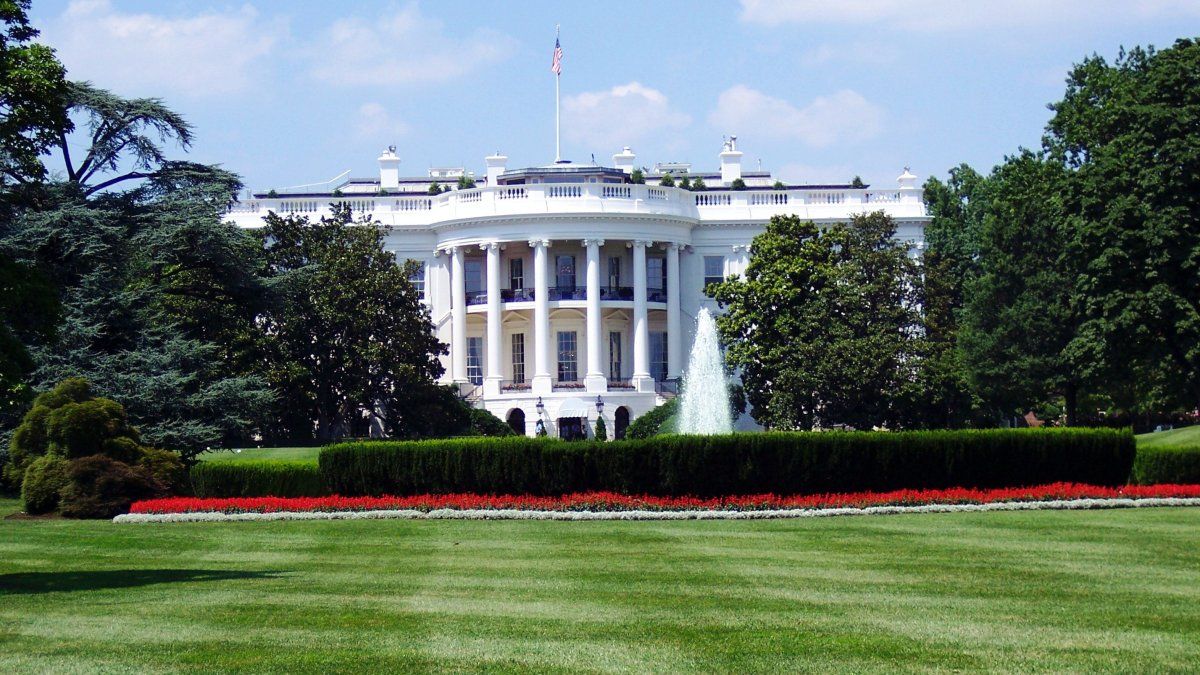The share of green electricity is to increase further for more climate protection. One study says: To do this, the electricity market has to be reorganized. Consumers are also becoming more important for the network.
According to a study, if Germany wants to achieve its climate goals, it has to make significant gains in the energy transition.
Above all, the flexibility of the electricity market and the participation of citizens can be expanded, according to the comparative study of twelve European countries by the largest British trade association for renewable energies – the Association for Renewable Energy and Clean Technology (REA) – and the energy management company Eaton. According to the information, socio-political factors, market access as well as innovative strength and technological factors were examined. The result: while Finland, Norway and Sweden achieved top scores, Germany only managed three out of five possible points.
Of all the countries examined, Germany has the largest electricity market and at the same time produces the largest amount of electricity from renewable energies. Nevertheless, due to the high demand, its share is only 41 percent of total electricity consumption – while Norway, for example, produces more electricity from renewable energies than it needs. According to the study, in order to achieve the stated goal of 65 percent green electricity by 2030, Germany would have to generate an additional 138 terawatt hours of electricity from solar and wind energy, which corresponds to a growth rate of 85 percent.
In order to be able to do that, Germany needs more flexibility on the electricity market. In particular, the citizens should be taken along. On the one hand, energy storage systems behind the meter, through which consumers can themselves become part of the electricity market, are becoming increasingly important. On the other hand, only 17 percent of the population in Germany had intelligent electricity meters, so-called smart meters. These in turn are essential for the monitoring and billing of solar roofs, for example. Not only the Scandinavian countries, but also Italy and Spain are significantly further along. The situation is even worse when it comes to the possibility of temporarily storing electricity in electric cars and feeding it back into the public grid if necessary.
Jane Stock is a technology author, who has written for 24 Hours World. She writes about the latest in technology news and trends, and is always on the lookout for new and innovative ways to improve his audience’s experience.




